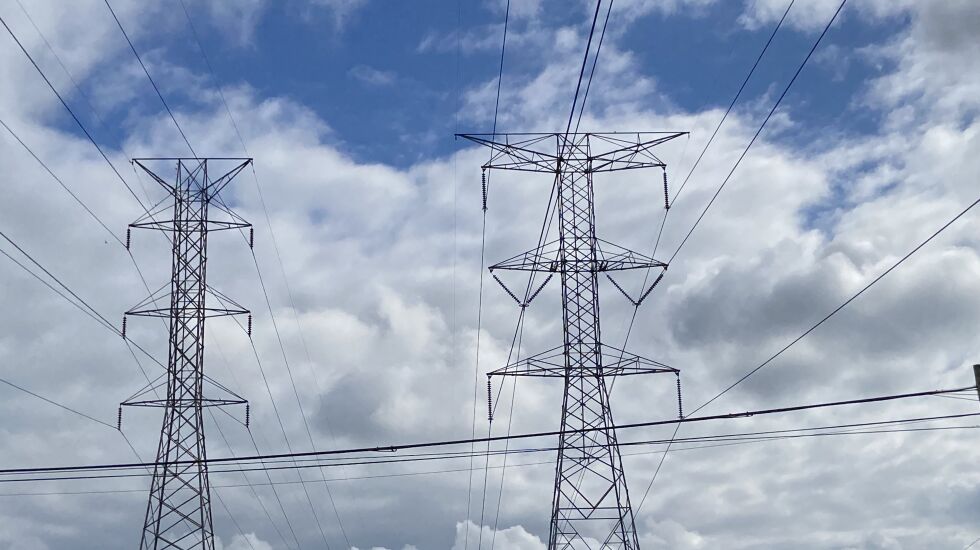
In north suburban Zion, hazardous spent nuclear fuel stored in concrete casks sits on the site of a shuttered nuclear power plant, keeping the city from redeveloping prime lakefront land or building a park.
The fuel has nowhere to go because the nation has never opened a permanent storage site for spent nuclear fuel, which can remain dangerously radioactive for thousands of years.
The lack of a safe permanent storage site is why Illinois imposed a moratorium on building new nuclear power plants. But some lawmakers want to lift that moratorium via a bill in the remaining three days of the veto session during the second week of November.
It would be wise to take more time to think this through.
Small nuclear reactors would have about a third of the generating capacity of traditional nuclear plants. Advocates say they could help reduce dependence on the burning of fossil fuels, which threatens to make much of the planet unlivable. They say a small nuclear reactor needs much less land than solar or wind energy fields and its design prevents a nuclear meltdown.
But the technology to make the small reactors work is not ready. The first small reactor design obtained U.S. Nuclear Regulatory Commission approval in July for a facility in Idaho, but development will take years. Focusing on building wind and solar energy and storage should be the priority.
Besides dotting the state with more spent nuclear fuel storage sites or requiring the transportation of spent fuel to existing sites, additional reactors can pose a security threat. As retired Brigadier General Wendell Chris King, a specialist in hazardous waste management, said during a radio discussion in August, “How do I protect those [small modular nuclear reactors] from an external threat? And the more [reactors] you got, the harder it is to protect.”
The Illinois General Assembly passed a bill in spring to lift the moratorium, but Gov. J.B. Pritzker vetoed it. Lawmakers are rewriting the bill to satisfy Pritzker’s objections.
Whether small nuclear reactors can be financially feasible isn’t certain. The first standard nuclear plant to be built from scratch in the United States in 30 years went into operation this year in Georgia, seven years late and $17 billion over budget.
Once the moratorium is lifted, it won’t be easy to impose it again if companies start making plans to build small nuclear reactors in the state. The time to lift the moratorium is after the challenge of safe nuclear waste disposal is solved.
The Sun-Times welcomes letters to the editor and op-eds. See our guidelines.







